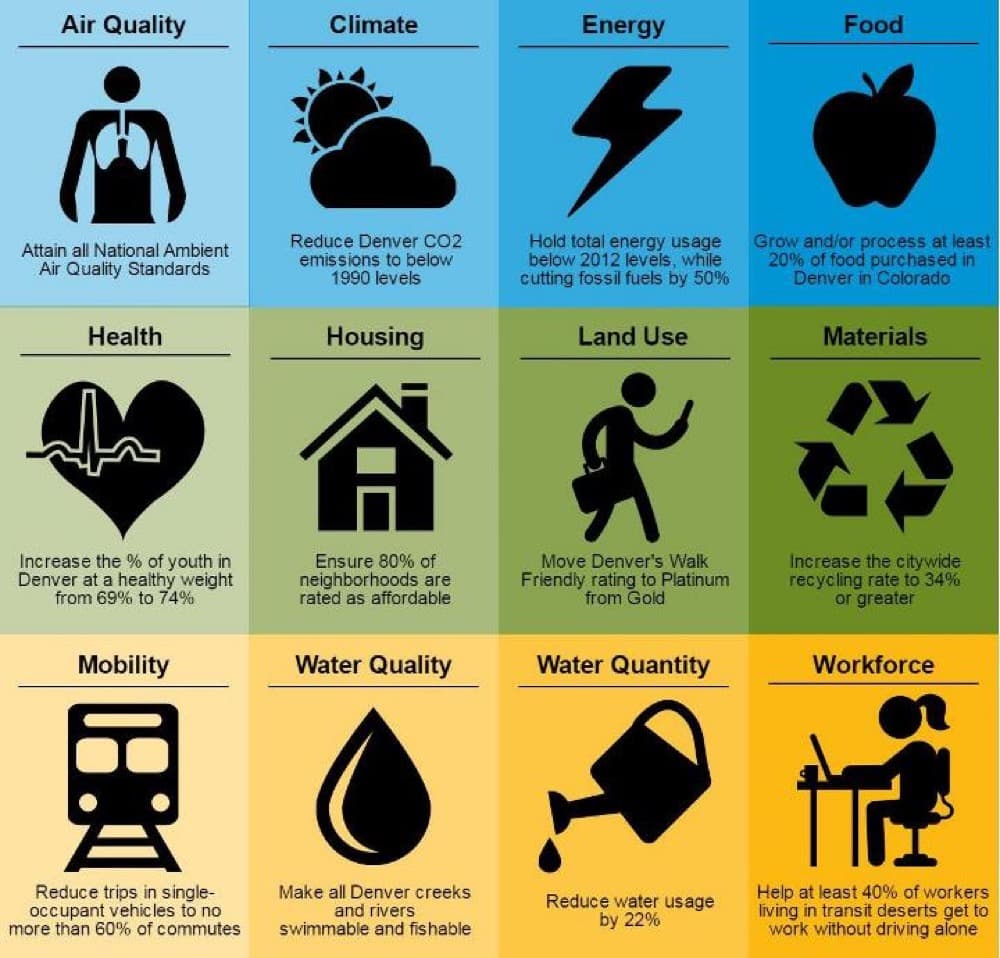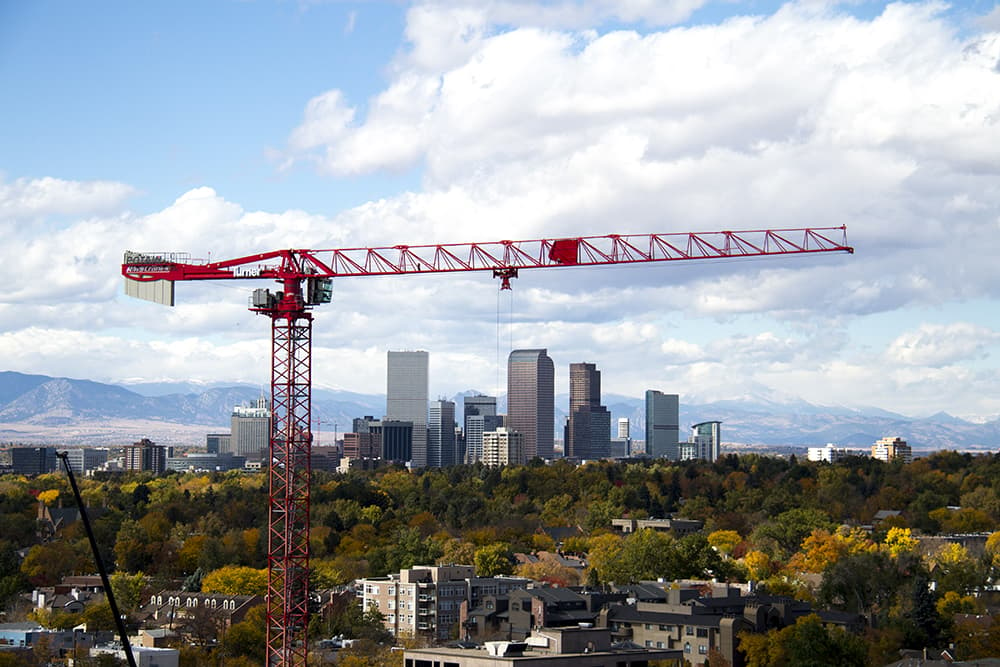
Denver officials want to move forward with their goals of improving energy efficiency for commercial and multifamily buildings throughout the city, but to do that they need to know where to start.
The city set June 1 as the deadline for property owners of larger buildings to file 2016 energy benchmarking reports. Those who still need to submit a report have until the city's 90-day grace period ends Sept. 1 before they face a $2,000 penalty.
Denver City Council adopted a new ordinance late last year that requires commercial and multi-family buildings with more than a 25,000-square-foot footprint to track and publicly report their annual energy performance as part of the city's plan to reach its 2020 climate goals. The energy used in large commercial and multifamily buildings accounts for 57 percent of Denver’s harmful greenhouse gas emissions, according to the city.

"Implementation of the new ordinance is going great so far," said Katrina Managan, senior advisor of energy efficiency for the Department of Environmental Health.
The ordinance requires annual benchmarking reports for buildings larger than 50,000 square feet be submitted first. The reports for smaller buildings — 25,000 square feet and larger — are due in June 2018.
"There are approximately 2,400 buildings over 50,000 square feet that need to comply this first year," Managan said. Tips for how to comply can be found here.
Managan declined to provide the details for how many building owners still need to file the inaugural reports.
"We're not sharing the current compliance rates right now with anyone, so I can't tell you that," she said, "but implementation is going really well."
The city plans to publish building energy performance data annually. The hope is once building owners see how much energy they're using, they'll invest in improvements.
"Investing an estimated $340 million in improving building energy efficiency could result in 4,000 local jobs and $1.3 billion in energy savings over 10 years," Managan said.
Business & data reporter Adrian D. Garcia can be reached via email at [email protected] or twitter.com/adriandgarcia.
Subscribe to Denverite’s newsletter here.













